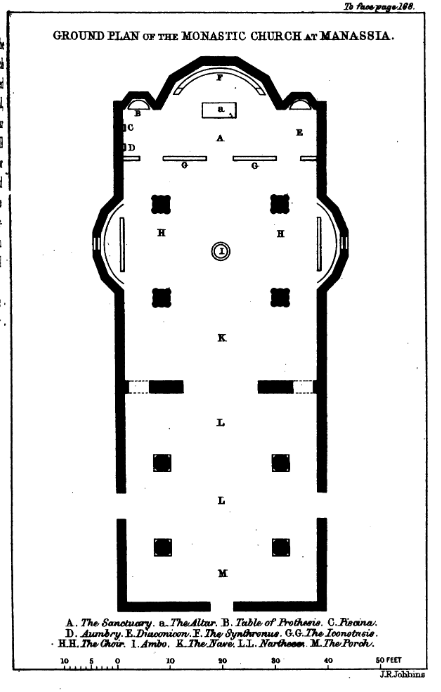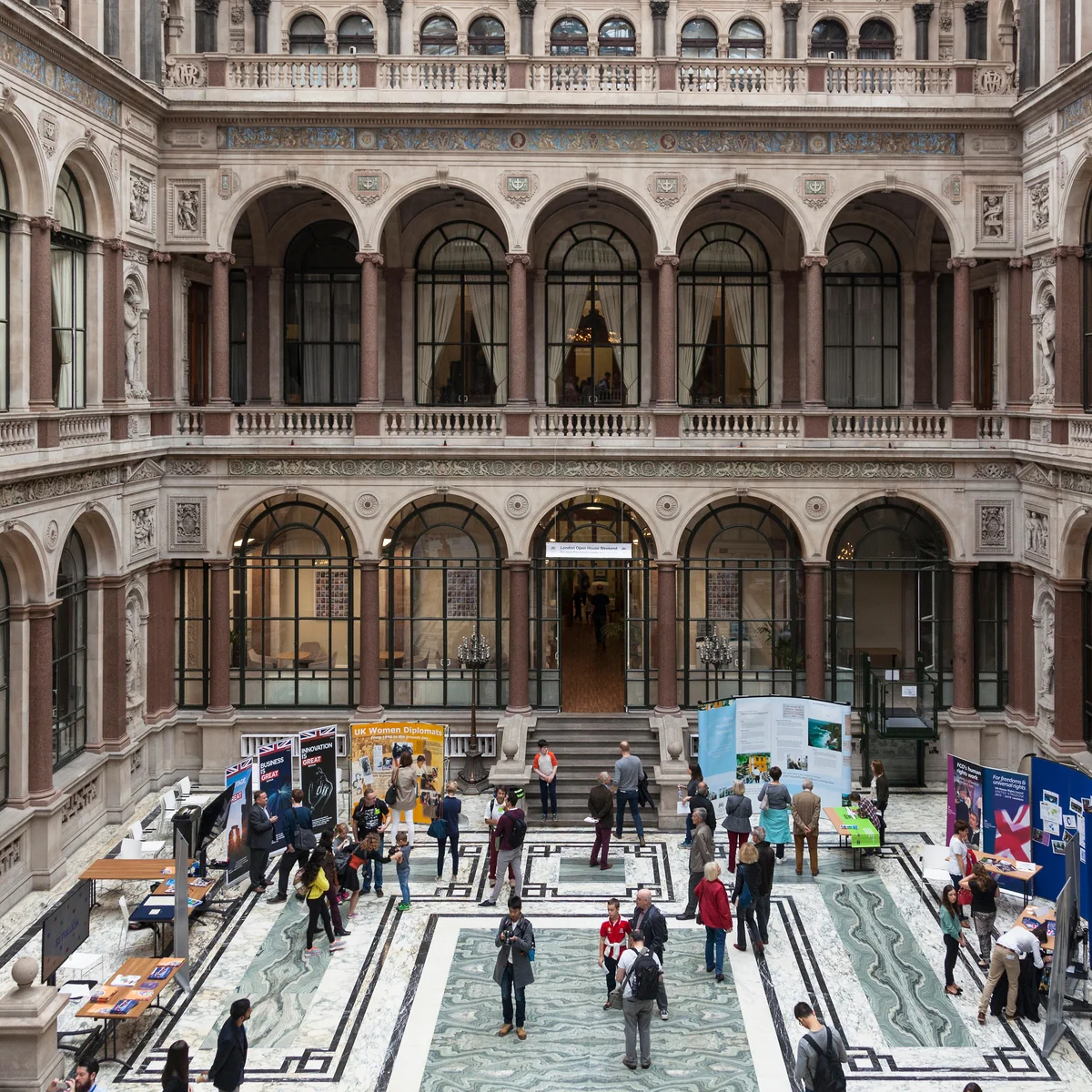By Jovan Dučić
First published in Amerikanski Srbobran, 1942
XI
There is a time frame quite interesting for the “crystallisation of Yugoslavism” which directly preceded the foundation of the state of Yugoslavia. It was the period which runs from the annexation of Bosnia and Herzegovina in 1908 to the assassination in Sarajevo in 1914.
The annexation heavily impacted Serbia and Montenegro, which went to war for those lands more than once; it also impacted the Serbian people living there, which never stopped starting greater or lesser uprisings. In Croatia it was to the contrary. Zagreb, which always said of itself that it is “of the Imperial faith” and always sung songs like that one from Okruglić “Who will take care of you mother, when I am off defending the Emperor”, was ecstatic that every hope for Serbdom to take those lands had disappeared. Satisfied in their aspirations that they would once add Bosnia to Croatia, Croats “Yugoslavised” a lot in that short 5 year period. That is when the old Yugoslavising switched to the youth movements, to the Soko societies, to the songs and toasts, free railway tickets, banquets even to the distant centres of other Slavs.
Truthfully, this rejuvenated ideology came from more Prague than from Beglrade; and more from Masaryk than from Pašić. The Balkan Wars would bring in even more excitement and manifestations. In truth, the war with Turkey was greeted more warmly in the Croatian circles than the war with Bulgaria; and Kumanovo was hailed more sincerely than Bregalnica! This is due to Croats always considered Bulgarians their allies against Serbs… But even the Frankovci showed interest in Serbia’s further movements, which at the time seemed to be in an especially lucky position among the friendly European states. They were afraid, after Bregalnica, of new aspirations in Bosnia. In Belgrade’s “Moskva” a few great “Yugoslavs” from Zagreb dined with Serbian company, to reconnoiter everything in detail; even Dr Hinko Hinković with his wife could be seen among the members of the Black Hand Apis and Tucović, on the first floor of “Moskva”, in a separate salon. The head of the Frankovci with the head of our conspirators!… Best to measure everything out in detail!
But with the assassination in Sarajevo, this connection was suddenly severed again.
In Zagreb there were demonstrations and shootings at the Serbs, when even Vienna did not go farther than newspaper articles. There was clamouring for war. In such an atmosphere the war did happen, but our politicians, building Yugoslavia, did not know how Croats never lost from their sights even for a moment Franz Ferdinand in whom they laid all their hopes to implement Trialism, the old ideal from the time of Strossmayer. An ideal of a whole generation of those who believed that Austria and Hungary and Croatia, together, made the monarchy a Catholic empire, even when its strength was not on that level for a long time.
Nikola Pašić never thought of Yugoslavism.
In any case, Pašić was more of a Swiss democrat than a Serbian nationalist; and a Serbian statesman more than a Serbian ideologue. His connections in Bosnia, Dalmatia and Vojvodina were not even noticed. In southern Serbia our propaganda was in the style of Stojan Novaković; Dr Gođevac and Luka Ćelović had, independently of his government, sent there our first četniks, took first victories and only afterwards got the official circles to accept and aid the movement. Just like the concept of “our Piedmont” came from Serbs from abroad, so did our official circles, as if in a dream, got caught by some circumstances of the greatest importance. King Petar was the only one, even as an old man, who did not forget how a quarter century earlier he fought as a Serbian četnik in Bosnia.
In such moral circumstances came a great test for Zagreb’s “Yugoslavism”; the wartime year 1914.
Zagreb did not wait for a single day to accept that war against Serbia as a holy war for Catholicism against Orthodoxy; and a war which would, with Serbia’s demise, put Croatia on the highest height it could wish for, not only in the question of Bosnia, but on the litany of all that which Serbia used to fantasise about. Croatian regiments on the Drina, where the cream of Zagreb was, were the most devoted Austrian soldiers on the front; and no one has forgotten those curse words that the Croat soldiers addressed to King Petar and threw into vojvoda Stepa’s trenches. This war in Mačva, where Croatia lost its regiments in battles against Serbia best displayed Zagreb’s “Yugoslavism”. However, we were not that distant from 24. November 1914. when in Niš the Serbian government solemnly declared that the war which started was meant to liberate not just Serbs, but Croats and Slovenes as well…
One should even be assured that the above message from Niš to Zagreb caused indignation and rage of all good Croats, who had a completely different expectation of a war between the great monarchy and the small Balkan state. Liberation, alluded to from Niš, look to the Croats like their own Friday the 13th instead….
Translated by Books of Jeremiah



